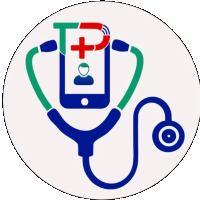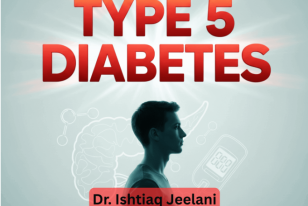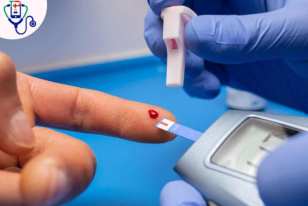Understanding Heart attacks and preventive measures
- 10 Jun 2024
- 0 Comments
- Hypertension
By: Dr. Sameer A Mir
Heart attacks, also known as myocardial infarctions, are a leading cause of death worldwide. They occur when the blood flow to a part of the heart is blocked, usually by a blood clot, and can cause damage to the heart muscle. The incidence of heart attacks is alarmingly high, and it is important that we understand the risk factors and take preventive measures to protect ourselves from this serious condition. One of the major risk factors for heart attacks is high blood pressure. High blood pressure, also known as hypertension, can damage the walls of the blood vessels and increase the risk of clots forming. This, in turn, can increase the risk of heart attacks. Other risk factors include high cholesterol, smoking, obesity, diabetes, and a lack of physical activity. Additionally, stress and poor dietary habits can also increase the risk of heart attacks. It is also important to be aware of the signs and symptoms of a heart attack so that you can seek prompt medical attention if necessary.
Here are some ways to reduce your risk of experiencing a heart attack:
- Maintain a healthy diet: Eating a diet that is high in fruits, vegetables, and whole grains, and low in saturated and trans fats, cholesterol, and sodium can help lower your risk of heart disease.
- Get regular exercise: Regular physical activity can help lower your risk of heart disease by improving your circulation and helping you maintain a healthy weight. Aim for at least 30 minutes of moderate-intensity exercise, such as brisk walking, most days of the week.
- Quit smoking: Smoking is one of the leading risk factors for heart disease, and quitting can greatly reduce your risk.
- Control your blood pressure: High blood pressure can put a strain on your heart and increase your risk of heart disease. Your doctor can help you determine if you have high blood pressure and work with you to bring it under control.
- Manage stress: Chronic stress can increase your risk of heart disease by causing your blood vessels to constrict and by raising your blood pressure and heart rate. Finding healthy ways to manage stress, such as through exercise, relaxation techniques, or therapy, can help lower your risk.
- Manage your cholesterol: High cholesterol can clog your arteries and increase your risk of heart disease. Your doctor can help you determine if you have high cholesterol and work with you to bring it under control.
- Monitor and manage diabetes: If you have diabetes, it's important to keep your blood sugar levels under control to reduce your risk of heart disease.
- Get enough sleep: Lack of sleep can increase your risk of heart disease by raising your blood pressure and heart rate. Aim for 7-9 hours of quality sleep per night.
By taking proactive steps, you can significantly decrease your risk of heart attack and enhance your overall well-being. Remember to consult with our experts for personalized guidance and check-ups. If you're experiencing symptoms or related issues, book an appointment with our specialists now: Book Appointment. In conclusion, heart attacks pose a serious threat to health and life. It's crucial that we take preventive measures to safeguard ourselves. By managing risk factors and adopting a healthy lifestyle, we can lower the chances of heart attacks and improve our overall health.






Comments (0)